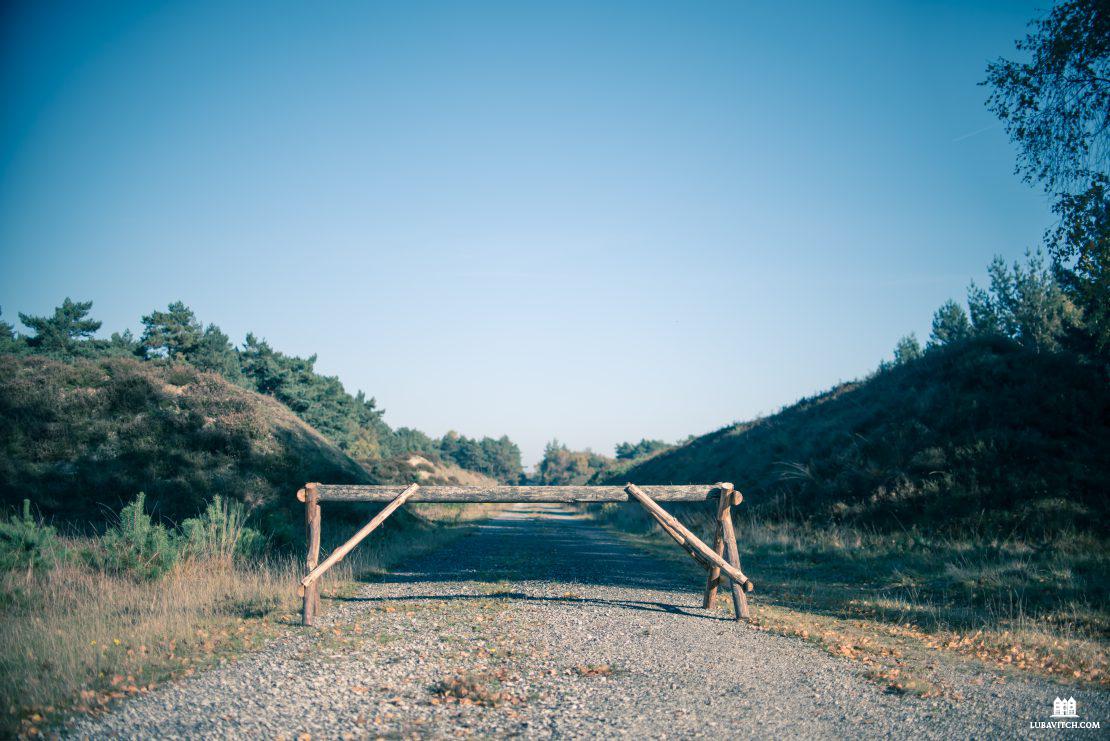In 1998 I was traveling through southern Africa with a group of friends. Google Maps did not yet exist; GPS was not widespread and it likely would be of little use on Malawi’s roads. We were using an old-fashioned map to get from place to place. (Do they still print those?)
At one point in our journey, we were heading toward the town of Monkey Bay on beautiful Lake Malawi. I recall heading out on a Friday morning with the goal of reaching Monkey Bay in time for Shabbat.
According to our map, we had two options. One was with a so-called major highway (i.e. paved road) that would be over 200 kilometers. The second was a minor arterial (i.e. dirt road) traversing about 125 kilometers. We figured it would be nice to see some of Malawi’s backcountry with the added benefit of reaching our destination more quickly, giving us time to prepare before sunset. So we took the road less traveled.
However, we were in for a major surprise. Suddenly, the road came to an abrupt cliff. In front of us was a river. Across the river, we could see the continuation of our road – just as depicted on the map. The only problem was that there was no bridge.
We learned that the shortest route possible may not be the quickest course to your endpoint. We ended up taking a very circular route (that we were initially trying to avoid!) and could not make it to Monkey Bay for Shabbat. Instead we camped out on the side of the road for a truly unique Shabbat in the African wilderness.
Said Rabbi Yehoshua ben Chananiah: “Once a child got the better of me.
I was traveling, and I met with a child at a crossroads. I asked him, ‘which way to the city?’ and he answered: ‘This way is short and long, and this way is long and short.
“I took the ‘short and long’ way. I soon reached the city but found my approach obstructed by gardens and orchards. So I retraced my steps and said to the child: ‘My son, did you not tell me that this is the short way?’ Answered the child: ‘Did I not tell you that it is also long?'”
(Talmud, Eruvin 53b)
This week’s Parsha, Nitzavim, tells us that the Torah and its precepts is something that is “very close to you, in your mouth, in your heart, that you may do it.”
Rabbi Schneur Zalman of Liadi, founder of the Chabad movement, devotes his entire book of Tanya to explain this verse. In life, he explains, something may be very near to us. But if we attempt to access it with shortcuts, it may ultimately backfire. Thorough and methodical effort and commitment will result in true accomplishment.
Taking the long route is actually the best way to make the distant near.
As we stand on the eve of Rosh Hashana (the New Year) let’s recognize that teshuva (return to Hashem and our true selves) and attaining our goals are within reach. The only question is: Will we cut corners and seek shortcuts?
I learned the hard way that it’s often not worth it.

Sheldon
Well said